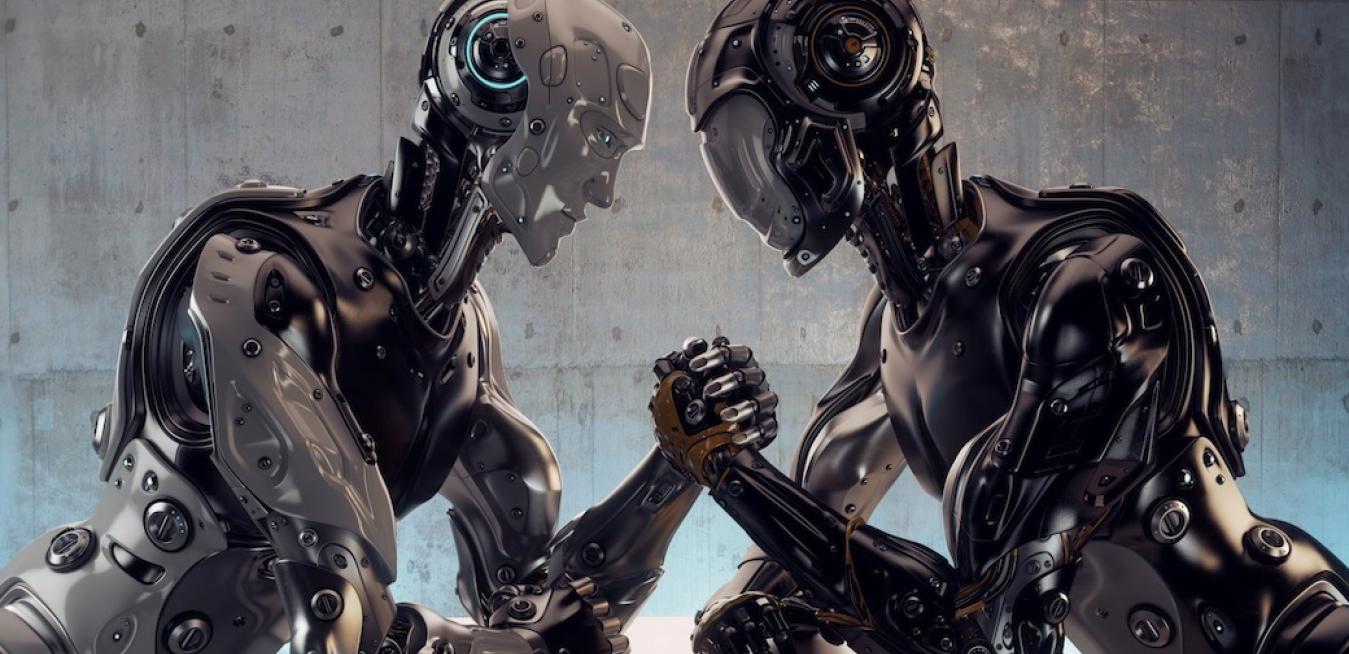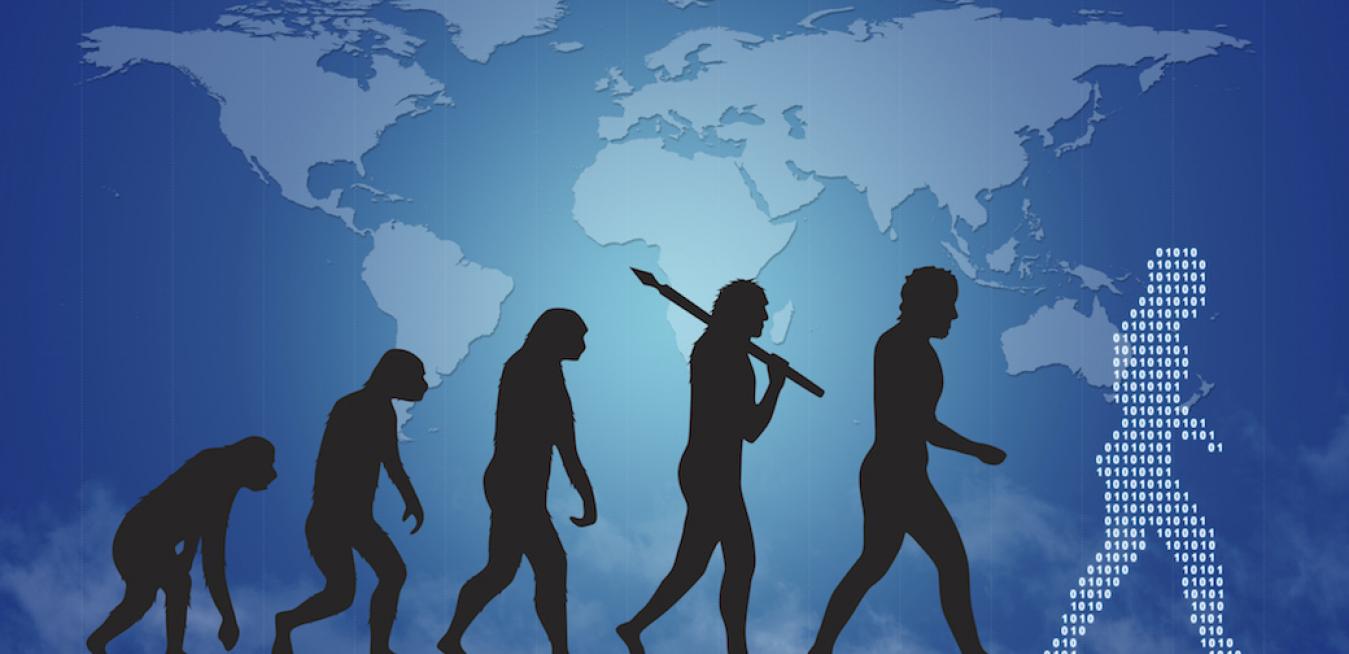Without sensible water prices, industry has no incentive to innovate and conserve.
Industrial users are not paying enough for water. The same goes for farmers, commercial businesses, municipal residents — and every other user group.
Businesses can do more with less and find a sustainable path to growth by following the principles of frugal innovation.
Heads of state from around the world have gathered in Paris with a lofty goal — no less than saving the world. While political leaders seek an international agreement to keep global warming from threatening human existence, business leaders are confronted with their own challenge: how to achieve a sustainable model for growth.
From the Brink: As part of a regular series featuring content from BRINK, François Austin discusses the need for greater international cooperation on sustainable energy.
Renewables are key to a sustainable global power supply. Private-sector ingenuity and collaboration can help accelerate the transition toward a low-carbon energy future.
We must consider the key moral and policy questions around artificial intelligence and cyborg technologies to ensure our innovations don’t destroy us.
How much do we really know about the impact of scientific breakthroughs — on technology or on society? Not enough, says Marcelo Gleiser, the Appleton Professor of Natural Philosophy and a professor of physics and astronomy at Dartmouth College.
The marginalization of anti-aging research is our most shameful humanitarian failure.
Beyond smart policies, innovation and private-sector collaboration will help solve the world’s resource challenges.
The world’s resource challenges are very much top of my mind as we anticipate the start of the important 2015 United Nation’s Climate Change Conference (COP21), which will take place in Paris from November 30th through December 11th. At GE, we are deeply committed to helping to address the world’s most pressing resource challenges.
The gains from the global 3D printing revolution come with tremendous risk of IP theft — if not carefully managed.
The 3D printing industry is expanding at a rapid pace. Global revenue from additive manufacturing, which consists of printing layer upon layer of a material to make an object out of a digital file, is expected to top $21 billion by 2020 — a seven-fold increase from 2013.
Technology will enable people to “upgrade” to god-like cyborgs in a century or two. That could be a good thing, as long as the technology is serving us — not the other way around.
Is technology enabling us to become ever-more god-like? And would that be a good thing?
As artificial intelligence (AI) and embedded technologies empower people to become “more than human,” future advances could become as much of an ethical question as a technological one.
The pace of innovation may be accelerating, but our ability to adapt to the latest technologies remains undeterred.
Technology is not an obstacle to humanity. Humans evolve — behaviorally, physically, morally, biologically.
Over many millennia, humans migrated around the globe adapting to changing climates, predators, foods, pathogens, rival tribes and countless obstacles and opportunities. To be human is to adapt.














